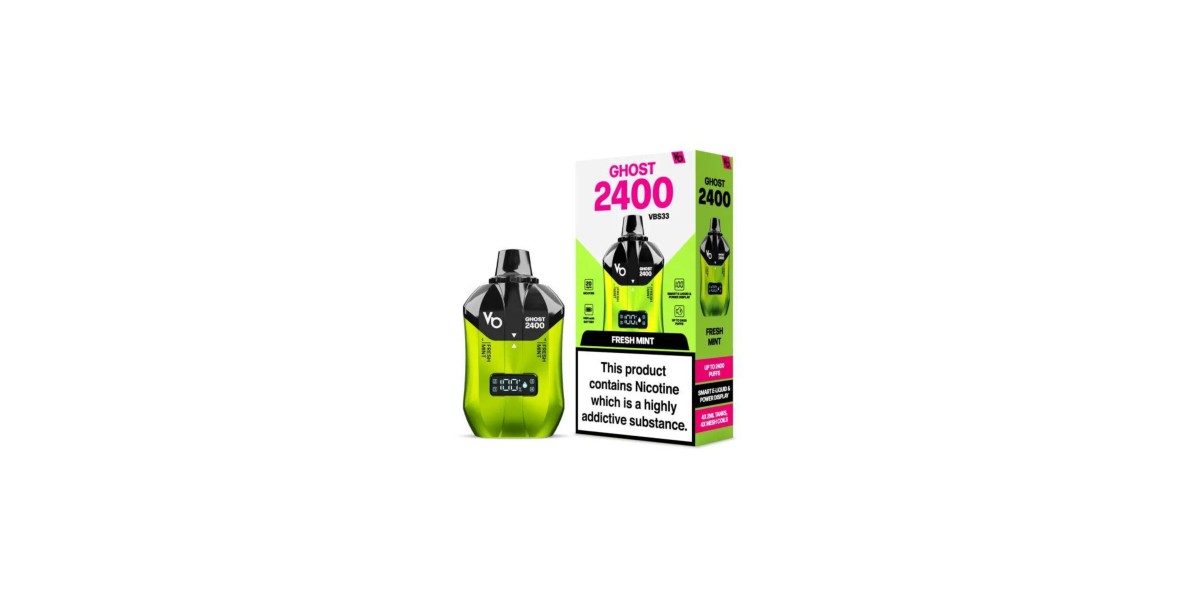It may have happened more often than you would wish, that you have woken up on a morning and headed to your swimming pool for a dip, only to see the water is startlingly cloudy.
Cloudy pool water isn’t merely unsightly – it could be dangerous to the health of anyone swimming in it, too. After all, it is often low sanitisation levels that bring about pool water cloudiness, and where this is the case, bacteria and algae can be allowed to grow.
So, what actually does cause cloudy pool water?
Broadly speaking, there are four types of problems with pool water that can lead to it being cloudy:
· Chlorine levels being too low or too high
· Poor filtration
· Poor water chemistry
· The presence of contaminants such as debris or algae
There could, of course, be a combination of these issues causing the cloudiness in your own pool water. Around 90% of the time, however, the chlorine levels in your pool are likely to be the chief culprit:
· If the chlorine levels in the pool are too low, this can give scope for algae to grow. If that happens, cloudiness may become apparent in the pool water, along with green or brown discolouration.
· Your pool water could also become cloudy, though, if the chlorine levels are too high. In this situation, the cloudiness could be due to the pH balance of the pool having altered. It can also be dangerous for someone to swim in a pool that has too much chlorine.
Take these steps to combat the cloudiness of your pool water
The first step of addressing pool water cloudiness is, of course, determining what exactly is causing the problem.
Here at Pool Warehouse, we stock a variety of pool testing and dosing essentials, including test strips which instantly test for chlorine, pH, and total alkalinity (TA) when dipped into the water. By keeping a close eye on these levels and acting accordingly, you can guard against the pool water cloudiness getting out of control.
Here are some specific moves that you might make to address cloudy pool water:
· Adjusting the chlorine levels: if the chlorine levels are too low, “shocking” the pool will kill the contaminants that may have been allowed to thrive as a result. In the event of the chlorine levels being too high, the opaqueness of the water might give way to clarity as the chlorine is diluted over time (as you can do by, for example, simply ceasing to add new chlorine to the water for a certain period).
· Making sure your pool filter is working properly: regularly inspecting your pool filter, and cleaning it no less frequently than every six months, will help ensure it continues to effectively circulate the pool water. Extending the running time of the filter could also help clear any pool water cloudiness.
· Cleaning the pool regularly: as we have touched on, contaminants can be largely responsible for cloudy pool water. So, it is crucial to get into a routine of deep cleaning your pool, including scrubbing and vacuuming the entire surface to banish any foreign objects or minerals that might otherwise accumulate.
As a complete online superstore for swimming pool chemicals and testing equipment, Pool Warehouse can supply the vital items that will enable you to proactively and responsibly maintain your pool. This, in turn, will allow you to keep your pool not only looking great, but also genuinely safe to swim in, right through the swimming season.









